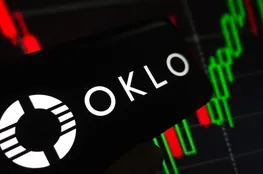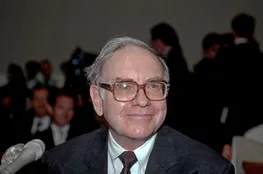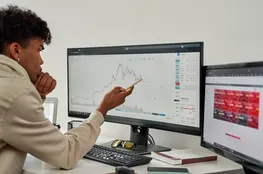The COP29 summit, held in Baku, Azerbaijan, unfolded amidst a climate of urgency and debate. As global leaders gathered for this 11-day event, the focus was on formulating rules for a robust global carbon market, to assist nations in achieving their emissions goals by trading carbon credits. This mechanism is crucial as it allows wealthier nations to purchase these credits from countries with lower emissions, thereby offsetting their carbon footprint. Such trading is envisioned to fund projects worldwide, aimed at reducing emissions.
The summit's host nation, Azerbaijan, with its economic reliance on fossil fuels, added a unique backdrop to the discussions, especially after reports surfaced of local delegates pursuing oil and gas deals. This juxtaposition of environmental goals against economic interests heightened the sense of urgency. Another critical aspect of COP29 is the discussion on climate finance, with particular focus on the annual $100 billion pledge from developed nations to poorer countries affected by climate change. There's growing pressure to increase this sum to match the escalating impacts of global warming.
Maintaining trust between wealthier and developing countries is essential, and fulfilling these financial commitments is a cornerstone of this trust. "I'm as frustrated as anyone that one single COP can't deliver the full transformation that every nation needs... [but] it is here that parties need to agree a way out of this mess," declared U.N. climate chief Simon Stiell, highlighting the urgency of agreeing on a new global climate finance target. The impending return of Donald Trump as U.S. President in January 2025 adds a layer of complexity to the discussions.
During his previous administration, Trump withdrew the U.S. from the Paris Agreement and rolled back crucial environmental policies, casting doubt on future U.S. contributions to global climate finance. His return could potentially impede progress, given his past stance on climate initiatives. Nevertheless, the early establishment of quality standards for carbon credits marks a positive step, facilitating the creation of a U.N.-endorsed global carbon market. Such a market holds promise for funding critical emission-reducing projects.
According to Juan Carlos Arredondo Brun, a former Mexican climate negotiator now involved in a carbon market data company, this development is bringing the global community closer to realizing an operational carbon market, even amidst fears of nations potentially withdrawing from international commitments like the Paris Agreement. Many corporations, especially in the energy and automotive sectors, are already actively participating in carbon credit markets to meet their emission reduction targets.
Companies like Shell, Volkswagen, and Takeda have been leading in carbon credit retirements, demonstrating a commitment to offsetting their emissions. For American corporations, a standardized carbon market could be vital. Ford Motor Co., for instance, although postponing some of its electric vehicle launches, indicates it will still pursue compliance with emissions standards, using carbon credits where necessary. As COP29 continues to November 22, the discussions and outcomes could significantly influence the direction of clean energy investments.
This makes it crucial for investors to keep an eye on related sectors such as the iShares Global Clean Energy ETF, and niche focuses like Invesco Solar ETF and First Trust Global Wind Energy ETF.
























